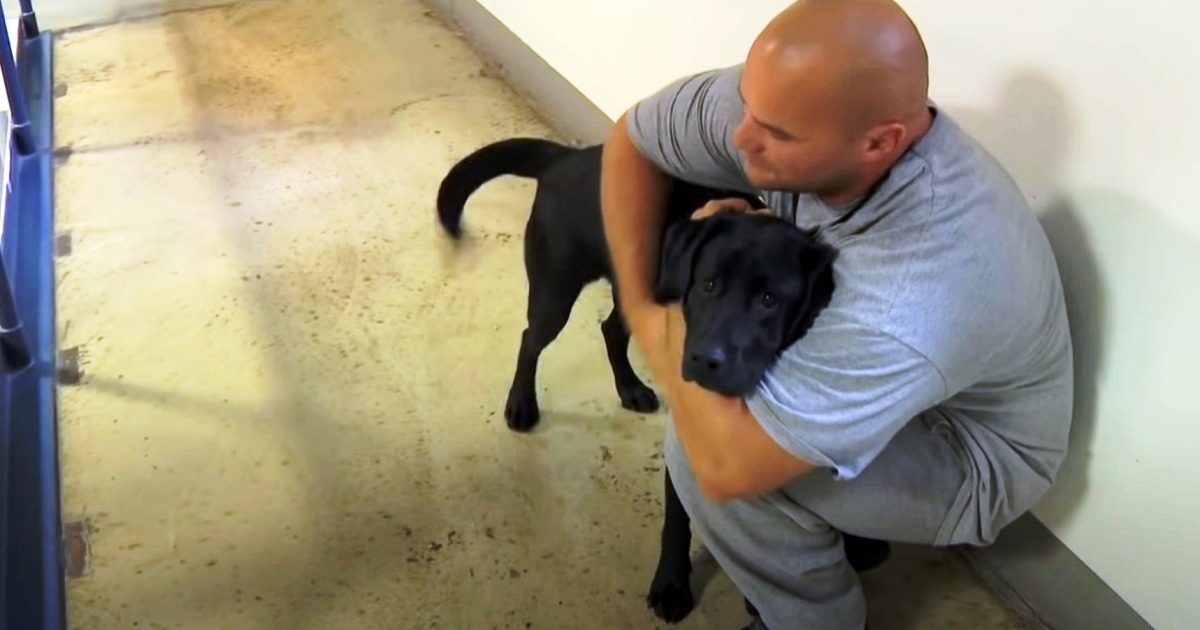The democratic socialist vanquished Andrew Cuomo in a contest being closely watched by national Democrats, Republicans and the White House.

NEW YORK — Zohran Mamdani capped a sharp-elbowed campaign for New York City mayor Tuesday night with a historic win, cementing the democratic socialist as both a rising star and a divisive figure in the Democratic Party.
For Republicans and President Donald Trump, the results hand-deliver an ideal foil heading into midterm elections next year as they seek to paint their adversaries as out-of-touch leftists.
With 80 percent of ballots counted, Mamdani had netted just over 50 percent of the vote, according to data from the New York City Board of Elections. That was enough to vanquish former Gov. Andrew Cuomo, who lost to Mamdani in the June Democratic primary and ran an increasingly bitter and negative general election campaign as an independent that won the support of Trump in the final hours of the race.
Come Jan. 1, Mamdani will become the city’s first Muslim mayor and the second in modern history after David Dinkins to identify as a democratic socialist. He will have the support of an army of dedicated volunteers, major labor unions and most of the state’s Democratic Party as he seeks to implement an ambitious agenda requiring major concessions from Albany.
But deep fault lines exposed during the race are likely to persist: The victor’s campaign was buoyed by left-leaning, younger voters keen on his message of affordability. Republicans, moderates, older Democrats and those wary of Mamdani’s stances on Israel, meanwhile, supported Cuomo. How the mayor-elect will navigate those divisions while fending off an expected incursion from Trump and delivering on lofty campaign promises will become a defining feature of his tenure.

With victory in hand, the 34-year-old now has less than two months to assemble a transition committee and build out a government that will face enormous obstacles on Day One.
Adams, the incumbent, made the entire race possible.
The MAGA-friendly Democrat endured years of record-low polling, FBI raids and indictments directed at his top staffers and a five-count federal bribery case of his own that left him vulnerable to a challenge. His now-defunct criminal case and the extraordinary intervention from Trump and the Department of Justice left a lasting distaste in the mouths of voters and campaign finance regulators who denied him millions in public matching funds, critically handicapping his ability to run.
In April, just days after DOJ successfully moved to dismiss the case, Adams dropped out of the Democratic primary altogether and mounted a longshot bid as an independent — an effort he would later abandon as well before endorsing Cuomo ahead of Election Day.

Through it all, Cuomo ran a Rose Garden campaign, avoiding reporters and leaning heavily on his experience running state government for 11 years.
Mamdani, meanwhile, was building an army.
The state assemblymember staked his campaign on a handful of simple and populist campaign promises: freezing the rent, providing fast and free bus service and implementing universal child care. He promoted them in savvy social media videos. And a legion of canvassers brought his message directly to the doors of New Yorkers with the help of his political family, the Democratic Socialists of America.
By sticking to his economic policies at a time when most voters ranked affordability as their top concern, Mamdani was able to avoid pitfalls of other leftist candidates running in more moderate electorates. To pay for it all, he planned to convince Hochul, a fellow Democrat, to raise taxes despite a looming challenge from the right facing her reelection campaign next year.
Throughout the campaign, Mamdani was bombarded with a seemingly unending laundry list of questions about his inexperience, how he would struggle to bend Albany to his will, his past criticism of the NYPD, his statements criticizing Israel and its occupation of Gaza, and his refusal to condemn the phrase “globalize the intifada.”
Those concerns did little to blunt his momentum, which culminated on June 24 when he stunned both the former governor and the political world by notching a Democratic primary win so decisive there was no need to wait for the city’s ranked-choice voting system to spit out the final result. Cuomo conceded before midnight.
The coalition powering Mamdani to a win turned out to be a historic one composed of progressive strongholds in Brownstone Brooklyn and along the Brooklyn-Queens waterfront, and voting blocs like South Asians who normally did not turn out for mayoral elections in significant numbers.
Yet for a candidate pledging to focus his efforts on working people, he lost the city’s low-income residents and Black voters to Cuomo during the primary. The former governor soon resurfaced under an independent ballot line for a general election rematch that featured little movement in the polls but increasingly acerbic attacks, with Mamdani accusing Cuomo of Islamophobia and the former governor hammering the front-runner over his rhetoric on Israel and his inexperience.
As the race ground on, Mamdani slowly picked up support from across the New York Democratic Party, in part by moderating many of his previous stances and stating his desire to keep NYPD Commissioner Jessica Tisch.
With those establishment Democrats off the table, Cuomo sought to peel away votes from GOP nominee Curtis Sliwa after efforts to get the beret-wearing Republican to drop out of the race failed. The former governor had help from the highest rungs of the party: Trump fired off a social media post supporting Cuomo’s candidacy the evening before Election Day, while Elon Musk and policy adviser Stephen Miller also encouraged their followers to vote for Cuomo.
But the former governor’s efforts were too little too late, as evidenced by Tuesday night’s returns.
During the general election, Mamdani routinely evaded pointed questions about his stances on issues like decriminalizing prostitution, how he would police New York City protests, his views on mayoral control and his opinion of several ballot proposals that would affect the city’s ability to produce affordable housing. But with few New Yorkers undecided, Mamdani’s lead held.
The dynamics of the race were encapsulated in the final days.
On Oct. 26, Cuomo held a modest rally in Queens alongside several leaders in the Jewish community alarmed by Mamdani’s rise. Later that evening, Mamdani spoke alongside Sen. Bernie Sanders and Rep. Alexandria Ocasio-Cortez to a crowd of around 10,000 people who packed a former tennis stadium nearby, an event of unusual energy and stature for a mayoral campaign.
“I should like to have it said of our campaign that, in it, the forces of selfishness and lust for power met their match,” Mamdani told the crowd. “And I should like to have it said of our City Hall that, in it, these forces met their master.”
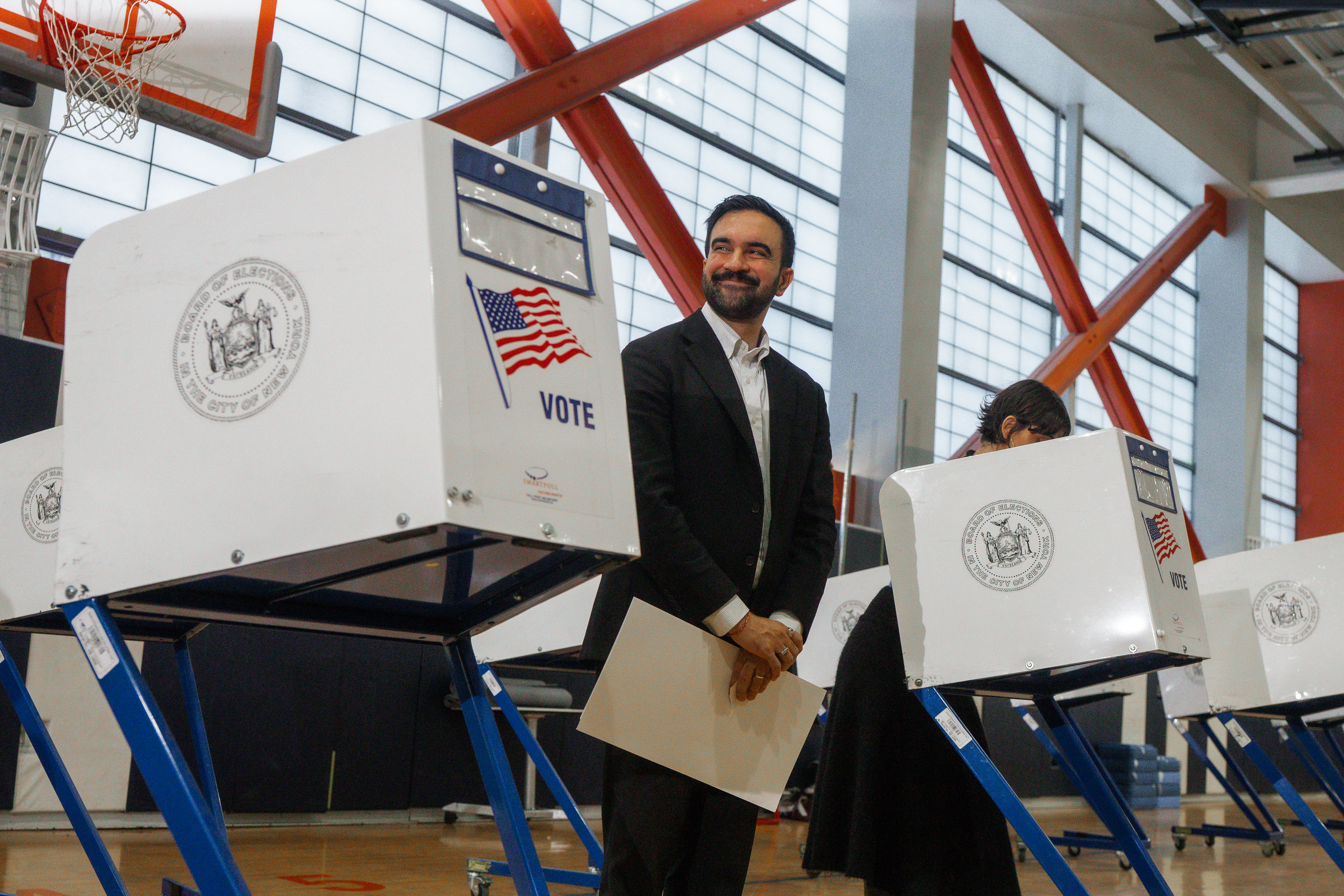
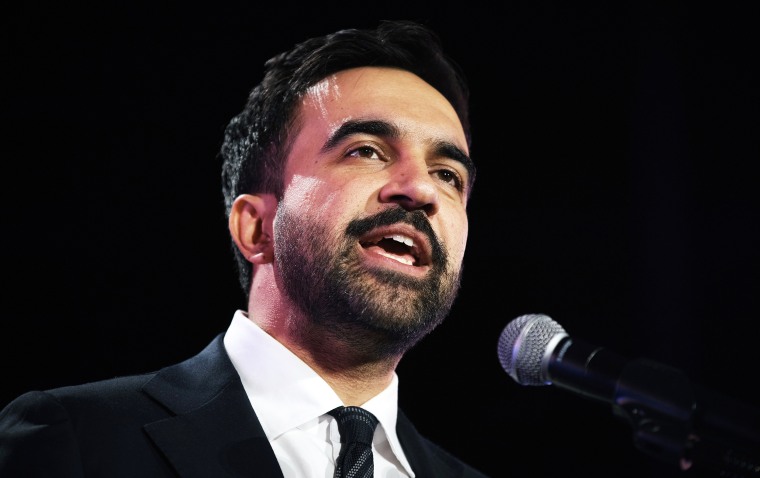
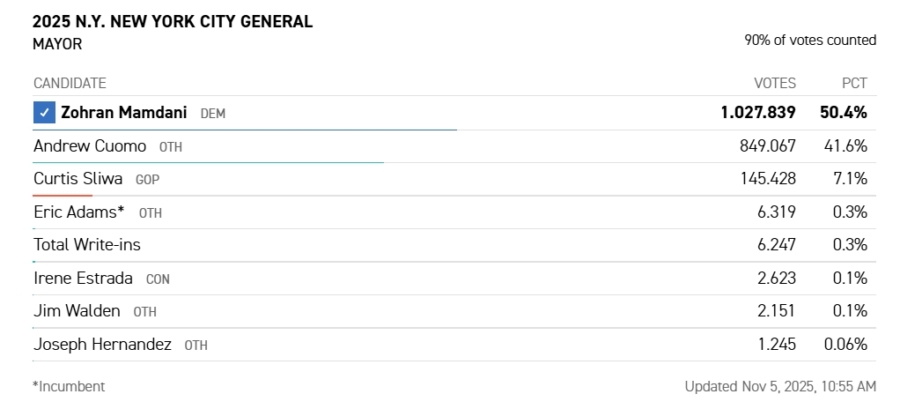











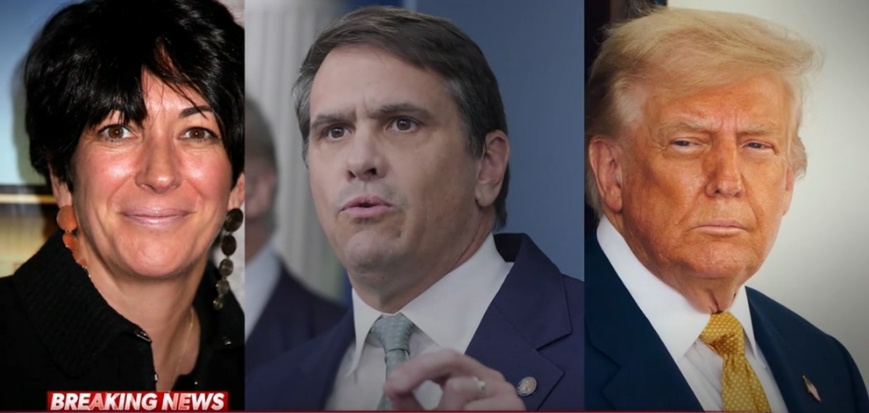





























:max_bytes(150000):strip_icc():focal(749x0:751x2)/rob-reiner-michelle-121525-fa6b3f711074498bbd85064cd8087ab6.jpg?w=1200&resize=1200,0&ssl=1)




